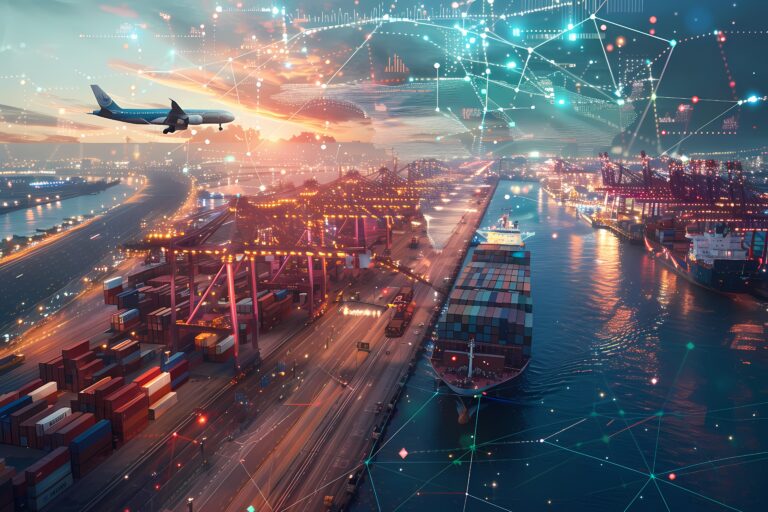
How Data-Driven Digitalization is Revolutionizing the Shipping Industry: Enhancing Efficiency, Visibility, and Collaboration
5 months ago
How Data-Driven Digitalization is Revolutionizing the Shipping Industry: Enhancing Efficiency, Visibility, and Collaboration

Data-driven digitalization is reshaping the shipping industry by enhancing efficiency, sustainability, and decision-making processes across the supply chain. The shift to digital platforms, automated systems, and advanced analytics allows companies to optimize routes, reduce fuel consumption, and monitor emissions in real time, leading to both cost savings and environmental benefits.
One significant impact of digitalization is seen in route optimization and just-in-time shipping, where data on weather conditions, port congestion, and vessel performance is used to chart the most efficient course for ships. This not only cuts down on operational costs but also helps meet regulatory requirements such as the Carbon Intensity Indicator (CII), ensuring compliance with emissions standards (as noted in Wärtsilä Voyage’s insights).
Moreover, the integration of Internet of Things (IoT) devices and big data has revolutionized real-time tracking, providing stakeholders with transparent and accurate data across the entire shipping process. This transparency is critical for supply chain management, particularly in reducing delays and increasing the reliability of shipping services, as emphasized by McKinsey.
Additionally, digitalization fosters greater collaboration between shipping lines, ports, and logistics providers. Platforms that unify data exchange between these parties enable smoother operations, from ship berthing to cargo unloading. The International Maritime Organization (IMO) has emphasized the need for standardized electronic data exchange systems, which are now mandatory, to streamline global trade (IMO’s maritime perspective).
Ultimately, data-driven digitalization empowers shipping companies to make informed decisions quickly and adapt to changes in the industry, from fluctuating fuel prices to new environmental regulations, paving the way for a more resilient and future-ready maritime sector.
Sources: Wärtsilä Voyage, McKinsey, IMO.